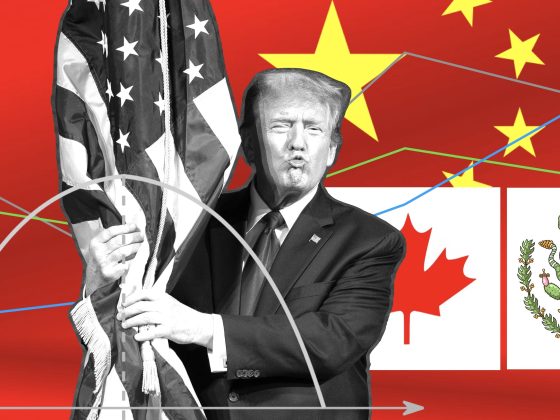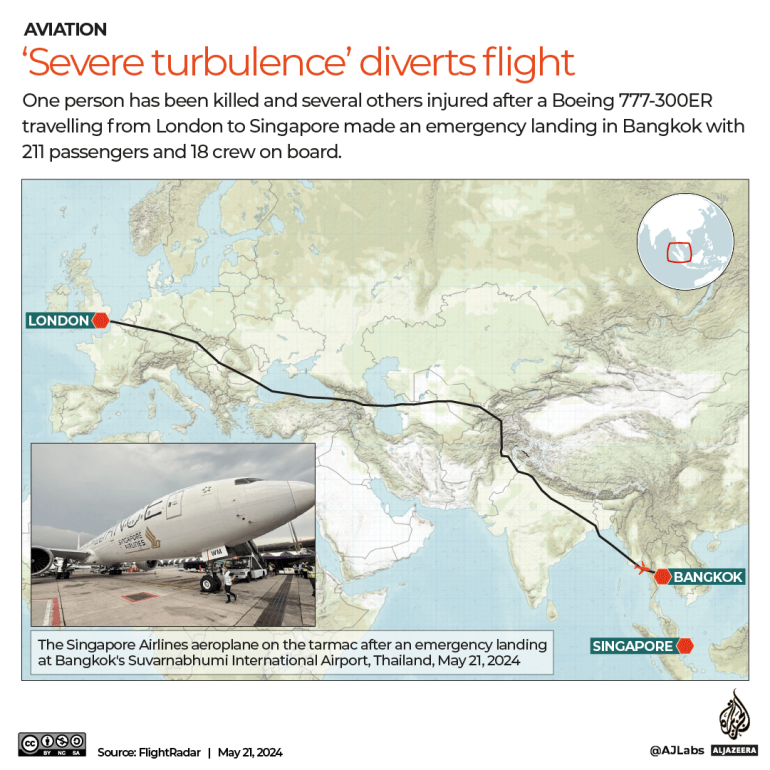Singapore is expected to register around 1.4% growth in gross domestic product (GDP) in 2020, according to the report of DBS Bank.
DBS said that this expected growth rate for 2020 is below the potential growth rate of Singapore. However, this projected growth rate is still an improvement from 2019’s projected growth of 0.6%.
Let’s look further into DBS Bank’s report which you can download here.
Recovery in 2020
Singapore struggled in 2019 primarily due to the increasing trade war tensions as well as a down-cycle in electronics. DBS said that a technical recession would have been experienced mid-2019 if it weren’t for the boost coming from Singapore’s services sector.
DBS projects that, setting aside potential external shocks, Singapore’s growth momentum will accelerate in 2020.
Economic predictions
DBS also made four predictions regarding some economic predictions concerning Singapore:
01. Labour market will remain soft.
Employment prospects will continue to be challenging in Singapore. Industry-specific down-cycles in retail and offshore marine industries will remain to be a struggle. At the same time, some jobs will be rendered obsolete due to structural transitions brought upon by automation of jobs.
DBS emphasized the need for re-training and upskilling in order to make workers employable in 2020.
02. Inflation will remain benign.
DBS suspects that inflationary pressure has finally bottomed out in 2019. Growth is expected to pick up in the succeeding quarters of 2020. DBS projects inflation to average 1.1% in 2020, an increase from last year’s 0.6%.
03. Monetary policy will be data dependent.
The likelihood of monetary easing is heavily dependent on the performance in the later half of 2019 and the first quarter of 2020. If the improvement in growth remains persistent, the possibility of further monetary easing will diminish.
04. An expansionary fiscal budget is expected.
SBS expects the government to launch a robust fiscal budget for this year. Right now, there is an accumulated surplus worth SGD 15.6 B which is large enough to permit aggressive fiscal support.
At the same time, the elections are just around the corner. This is also another nudge towards a robust fiscal budget.
Challenges ahead
Overall, Singapore is expected to experience growth in 2020, recovering from the struggles faced in the previous year.
However, DBS notes that this recovery will be rather weak. Instead of a propelling kind of growth, Singapore might experience a slow grind for this year.
In this aspect, Singapore is not alone. PwC expects that the world will be experiencing a ‘slowbalisation’, which they defined as “ continued integration of the global economy via trade, financial and other flows but albeit at a significantly slower pace.”
While we are in a state of recovery, it is clear that there remains a lot of challenges ahead.
DBS said that small yet agile countries like Singapore have the capacity to bounce back quickly. However, the trade-dependent nature of Singapore along with its openness also makes it highly vulnerable to unexpected economic shocks.
With this, we should continue to be vigilant and responsive when it comes to the changes in our economy. This way, we can preserve and intensify the momentum that we have right now.









